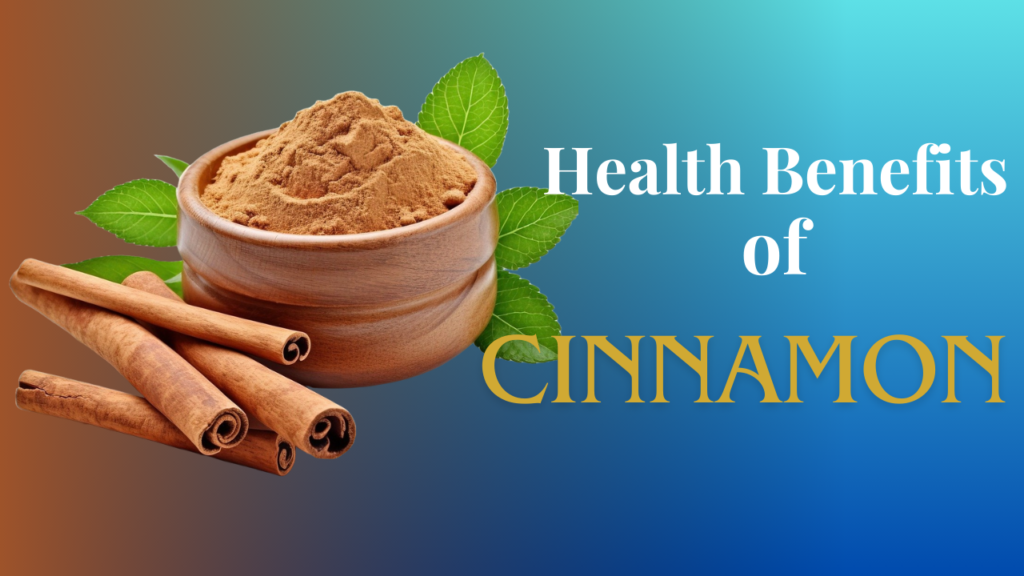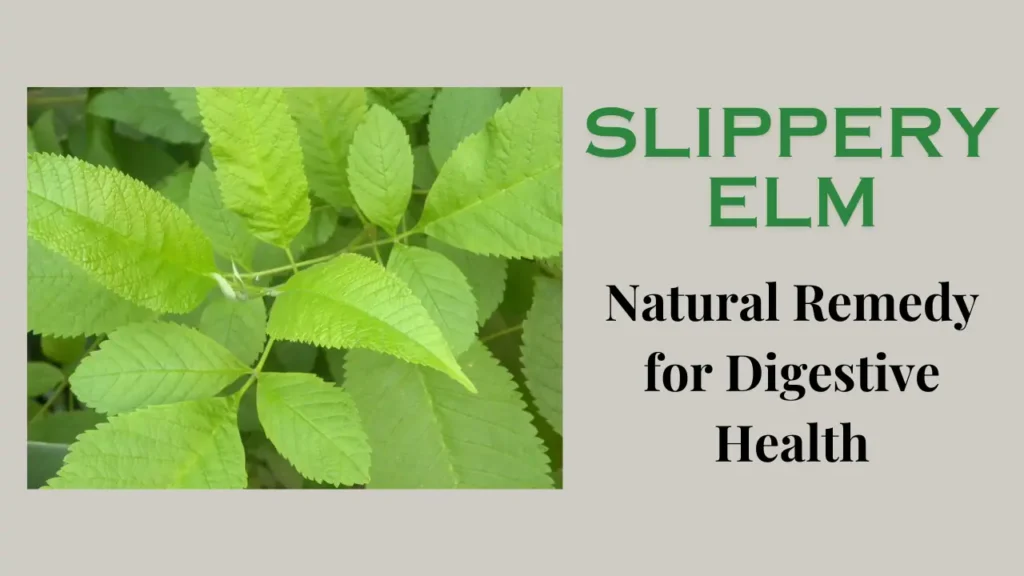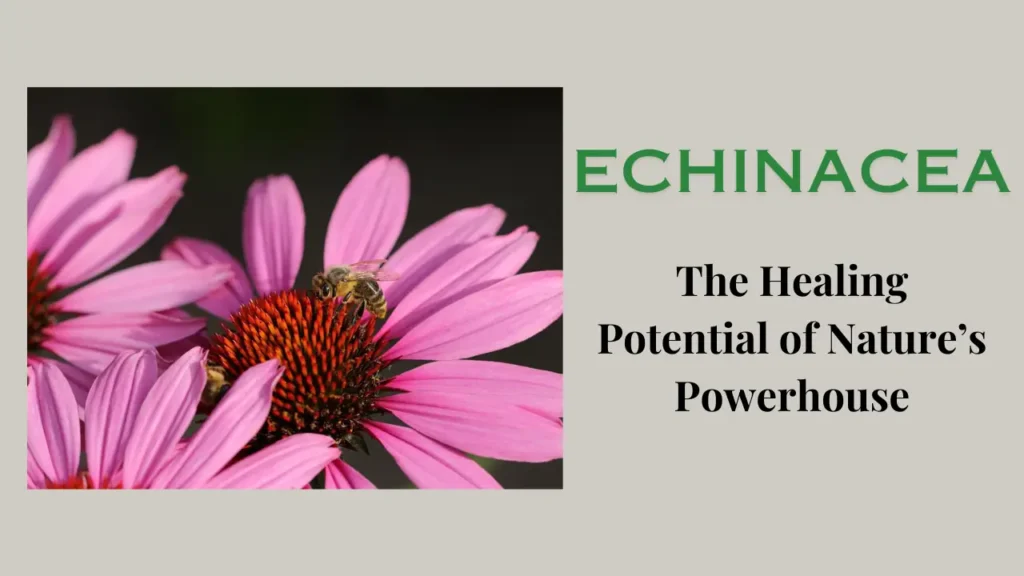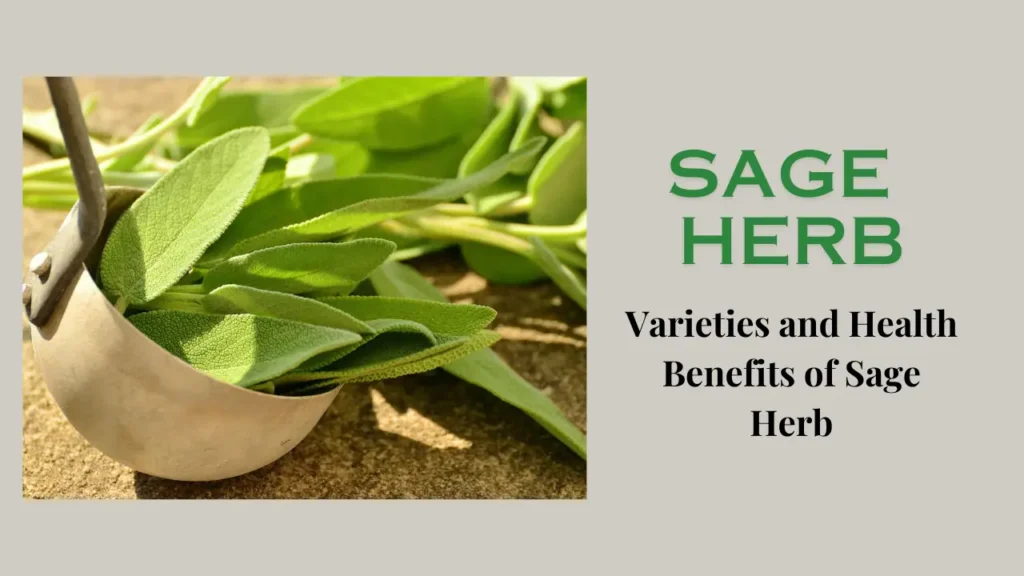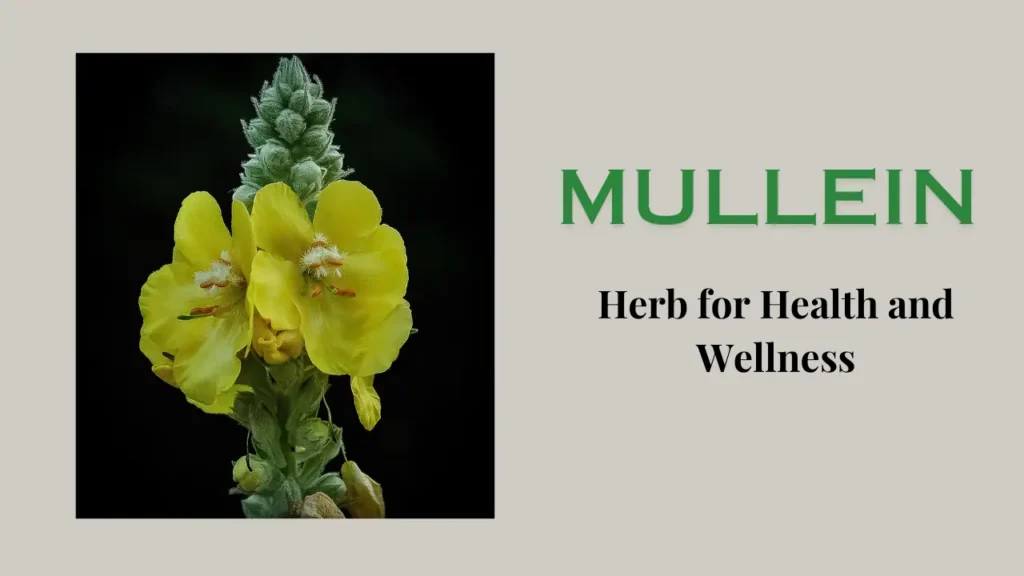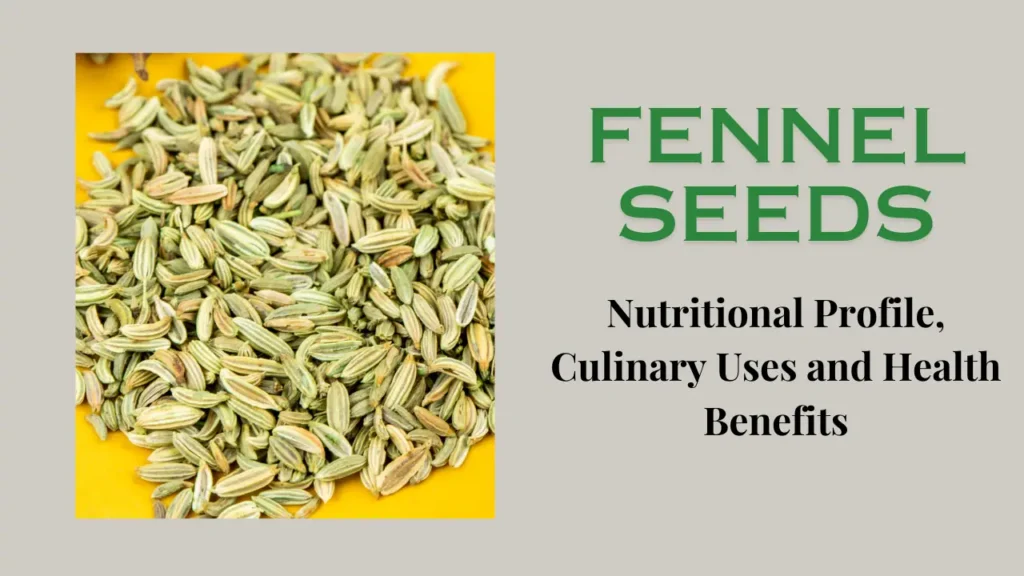Borage is scientifically known as Borago officinalis. It is a medicinal plant that has been known for its medicinal properties for centuries. In this article, we will learn about this herb in detail.
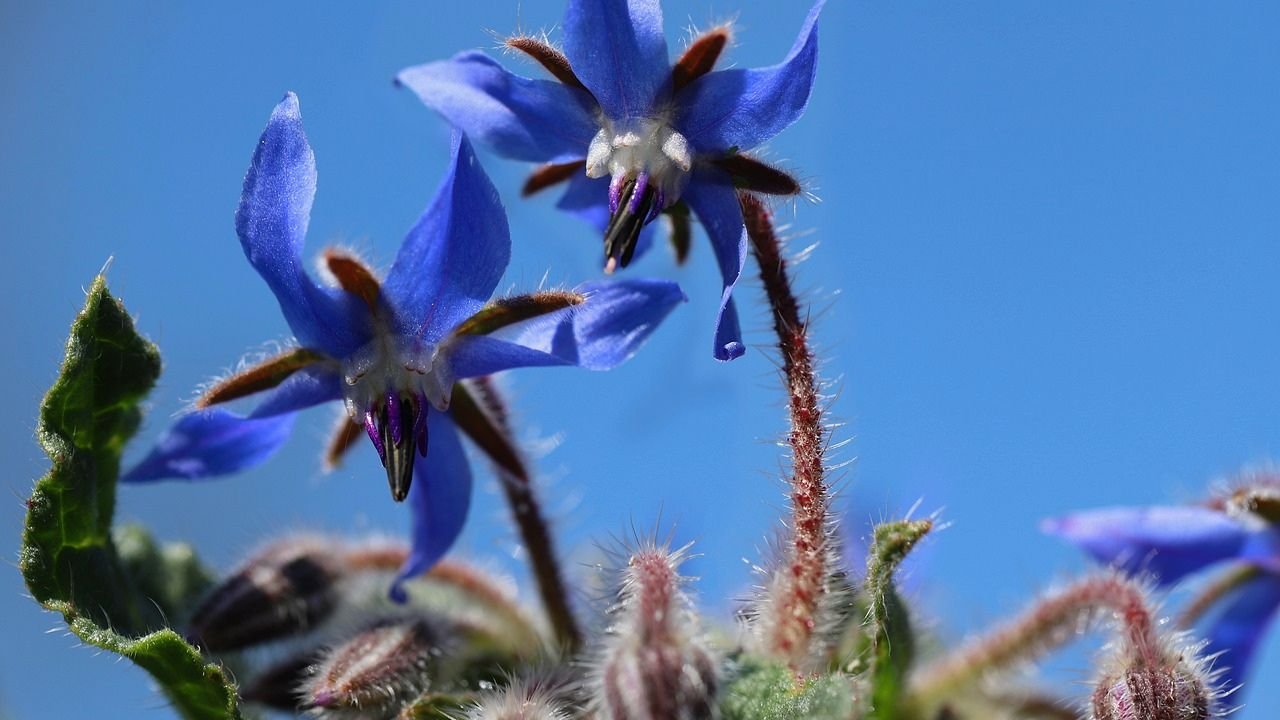
Table of Contents
Scientific Name
Borago officinalis
Synonyms
Starflower, Bee Plant, Bee Bread, Burrage
Habit and Natural Habitat
Borage is an annual herb with blue star-shaped flowers. It is found in the Mediterranean region. But now it is cultivated all over the world. They require sunlight and well-drained soil to grow. They can often be seen in gardens, roadsides, and wasteland areas.
Common names
Borage
Chemical Composition
It contains various bioactive compounds, including Gamma-linolenic acid (GLA), Tannins, Alkaloids, Flavonoids, and Essential oils.
Plant Parts Used
leaves, flowers, and seeds.
Properties
Ayurvedic Properties
In Ayurveda, Is has cooling and moisturizing properties. It is believed to pacify pitta and vata dosha and has a sweet, bitter, and slightly astringent taste.
Therapeutic properties
It possesses a wide range of therapeutic properties, including Anti-inflammatory, Antioxidant, Diuretic, Galactagogue (promotes lactation), and Demulcent (soothing to mucous membranes).
Health Benefits of Borage
Borage offers many health benefits, such as:
- Skin Health: It has rich GLA content due to which its oil is used to reduce problems like eczema, psoriasis, and dermatitis.
- Helps with hormonal balance: The GLA present in borage oil may help regulate hormonal imbalance, especially in women with premenstrual syndrome (PMS) and menopausal symptoms.
- Heart Health: The oil has anti-inflammatory properties that help heart health by reducing inflammation and improving blood flow.
- Joint Health: Its oil may help reduce rheumatoid arthritis and other inflammatory symptoms.
- Respiratory support: Borage tea or extract has been traditionally used to ease coughs, bronchitis, and other respiratory ailments.
- Digestive Aid: Borage is believed to have mild digestive properties, promoting healthy digestion and relieving gastrointestinal discomfort. But before using it, please consult a doctor.
Uses of Borage
These can be used in various forms such as:
- By steeping its leaves and flowers in hot water, a soothing tea is made which can be consumed for many health benefits.
- Its extracts are available in liquid form. It can be consumed by mixing it in beverages or taken directly for other medicinal purposes.
- Borage leaves and flowers are edible and can be used fresh as a garnish in salads, soups, and other dishes.
Precautions and Side Effects
Any herb is safe when used in limited quantities, but it is necessary to take some precautions while using it. Which include:
- Pregnant and lactating women should avoid consuming it as it can be harmful to them.
- Individuals with liver disorders should use borage with caution, as high doses can be harmful to the liver.
- Some individuals may have allergic reactions from using it, especially those with sensitivity to plants in the Boraginaceae family.
Conclusion
In conclusion, borage is a versatile and valuable medicinal herb that has a long history in traditional medicine around the world. It can be consumed as a soothing tea. It helps support overall health and well-being by taking care of the skin. You must consult your doctor before using it.
Remember, before starting any new wellness regimen, it’s always best to consult with a healthcare professional to ensure it is suitable for your specific needs and circumstances.

